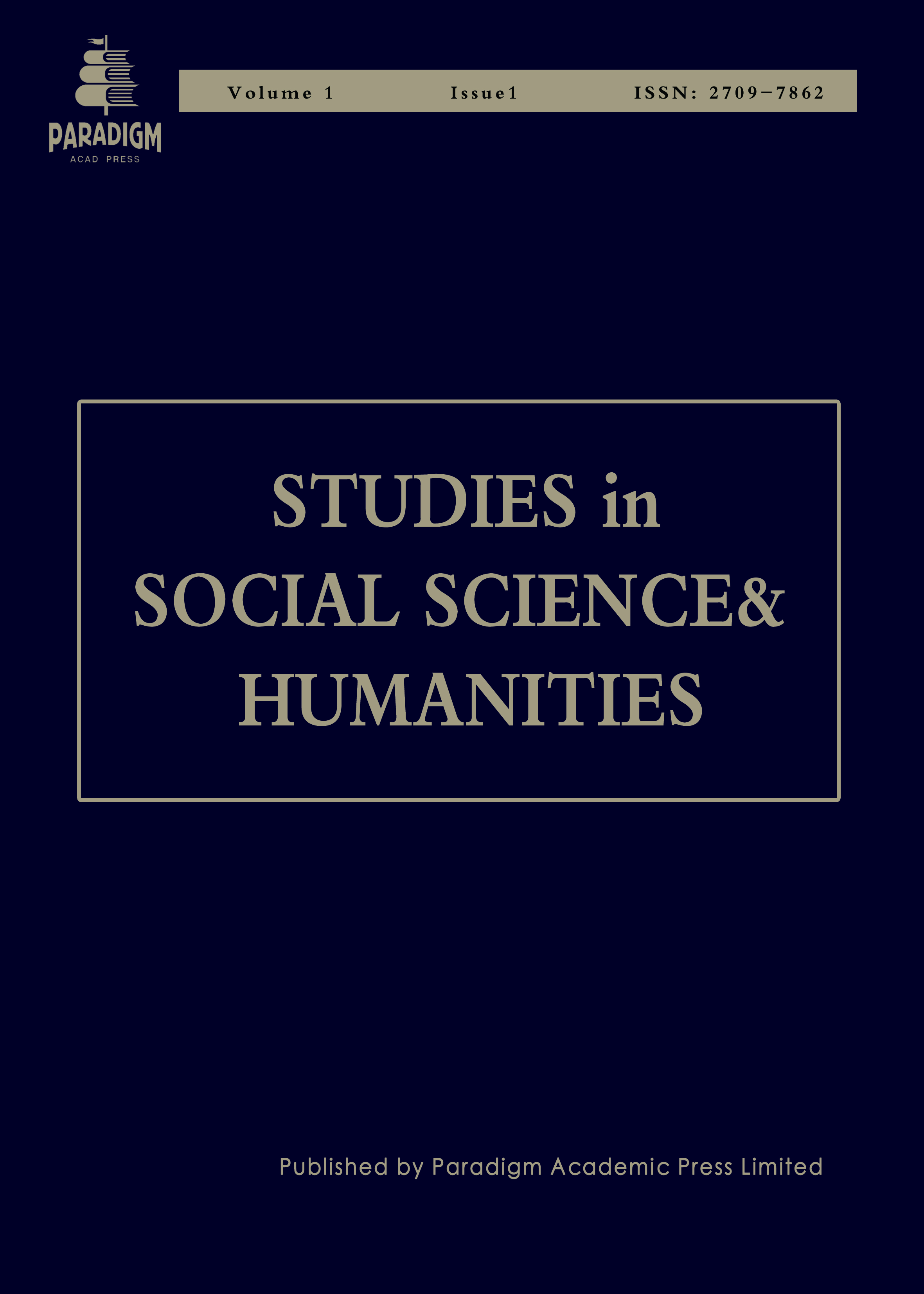Decoding the Hidden Voices: A Case Study of Prime Minister’s Questions from the Perspective of Pragmatics
Keywords:
Prime Minister’s Questions (PMQs), raise prestige, speech acts, the Cooperative Principle (CP), conversational implicatureAbstract
Prime Minister’s Questions Time, also referred to as PMQs, is a significant component of British constitutional tradition which gives Members of the Parliament (MPs) a weekly chance to question the Prime Minister. For Prime Minister, even though it requires lots of efforts, this form still means more of an opportunity than a challenge in most cases. Based on the transcript of a debate between British Prime Minister and leader of the Labor Party during Prime Minister’s Questions Time, this study aims to investigate the specific conversational strategies taken by him to raise his personal prestige and authority of leadership in the debate. The discourse will be discussed from the perspective of pragmatics, including Searle’s classification of speech acts and Grice’s Cooperative Principle (CP) of conversational implicature theory, to decode the voices hidden in the confrontation.


